
Carbon Fiber Reinforced Thermoplastic Manufacturer
Carbon (Xiamen) New Material Co., Ltd. is committed to offering a series of customized services of carbon fiber composite materials, focusing on carbon fiber modified materials such as reinforcement, conductivity, anti-static, etc. to meet your various application demands. Main matrix resins: PA6, PA66, PA12, PPA, TPU, PPS, PEEK, PC, PP, ABS, PBT, PEI and PEEK, etc.
Crafted through advanced manufacturing processes, our plastics seamlessly integrate the strength and lightweight properties of carbon fiber with the versatility of engineering plastics, delivering unparalleled performance in demanding applications.
Our carbon fiber-modified plastics boast exceptional strength-to-weight ratios, making them ideal for applications where weight reduction and structural integrity are paramount. Whether used in automotive components, aerospace structures, sporting goods, or industrial machinery, our materials offer unmatched strength, stiffness, and impact resistance, ensuring reliable performance even in the most challenging environments.
Backed by rigorous testing and quality assurance protocols, our carbon fiber-modified engineering plastics stand as a testament to innovation and excellence, empowering industries to push the boundaries of what's possible. Explore the possibilities with our range of advanced materials and experience the difference in performance and reliability firsthand.
Product By Features
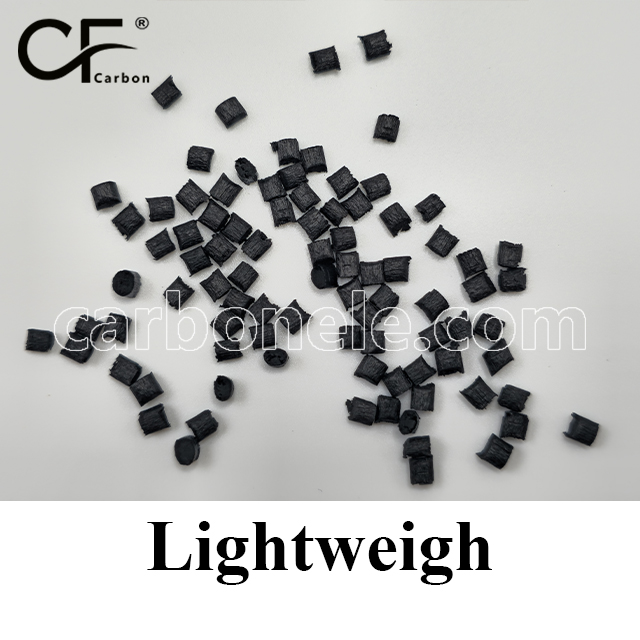
PP-CF60 high strength material
PP-CF60 is a high-strength polypropylene composite with 60% carbon fiber, offering exceptional stiffness, impact resistance, and thermal stability (HDT ~170°C). With superior wear resistance and low moisture absorption, it is ideal for demanding structural and automotive applications.
Learn More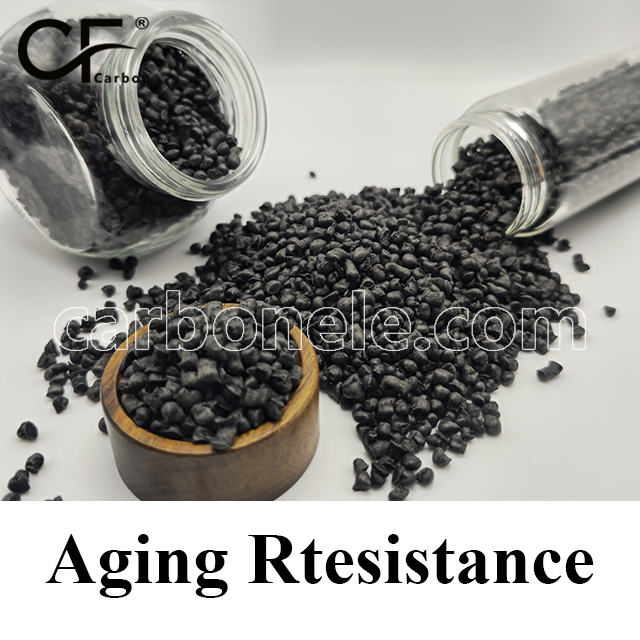
High strength material PP-CF50
PP-CF50 is a high strength polypropylene composite reinforced with 50% carbon fiber, offering maximum stiffness, superior mechanical performance, and excellent dimensional stability. It features high tensile (≥110 MPa) and flexural strength (≥160 MPa), along with enhanced wear resistance and impact strength (≥13.5 kJ/m²). With a heat deflection temperature of approx.…
Learn More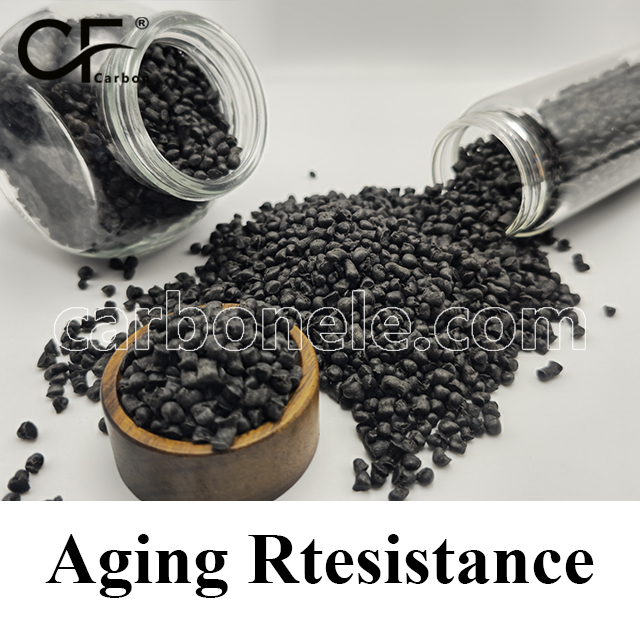
High temperature resistance material PP-CF40
PP-CF40 is a high performance polypropylene composite reinforced with 40% carbon fiber, offering exceptional stiffness, strength, and dimensional stability. Compared to unreinforced PP and lower CF content variants, it provides superior mechanical durability, excellent wear resistance, and outstanding impact strength, making it ideal for high-strength structural, automotive, and industrial applications.…
Learn More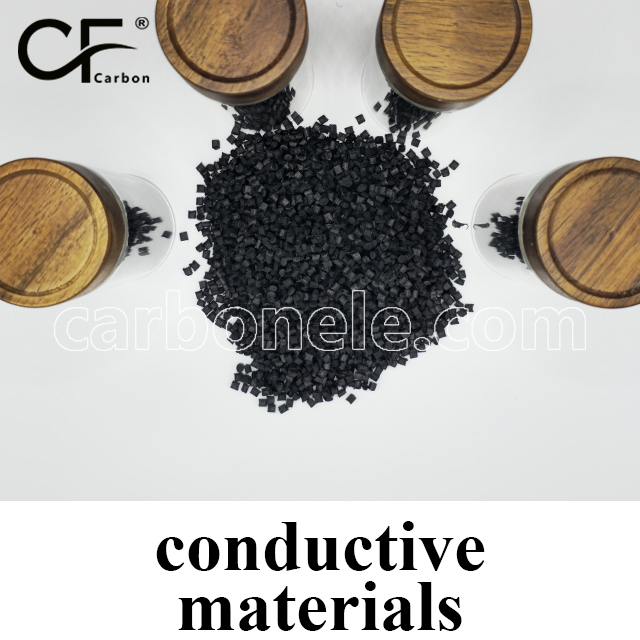
PP-CF30 High temperature resistance material
PP-CF30 is a high-performance polypropylene composite reinforced with 30% carbon fiber, offering superior strength, stiffness, and dimensional stability. It features exceptional impact resistance, enhanced wear properties, and excellent thermal stability (HDT ~140°C) while maintaining low weight and processability. Ideal for automotive, industrial, and structural applications, PP-CF30 provides a robust yet…
Learn More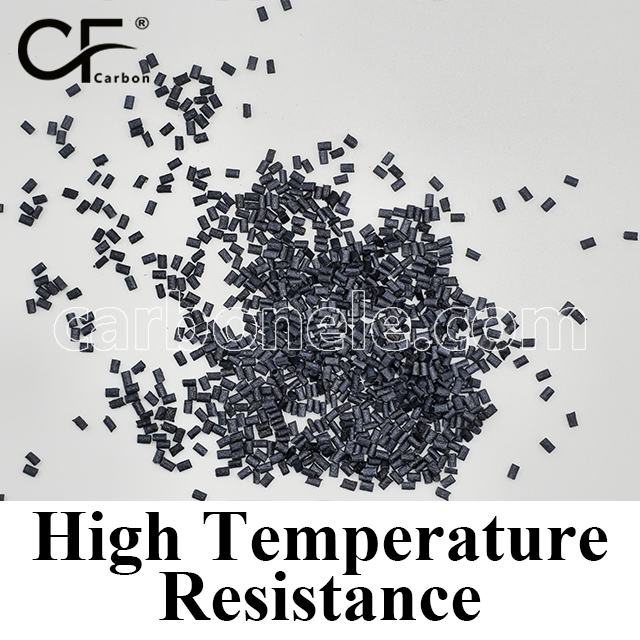
PP-CF20 polypropylene reinforced carbon fiber
PP-CF20 is a high performance polypropylene composite reinforced with 20% carbon fiber, offering superior strength, stiffness, and dimensional stability compared to unreinforced PP. It features high tensile and flexural strength, excellent wear resistance, and improved thermal performance with a heat deflection temperature of approx. 130°C. With low moisture absorption and…
Learn More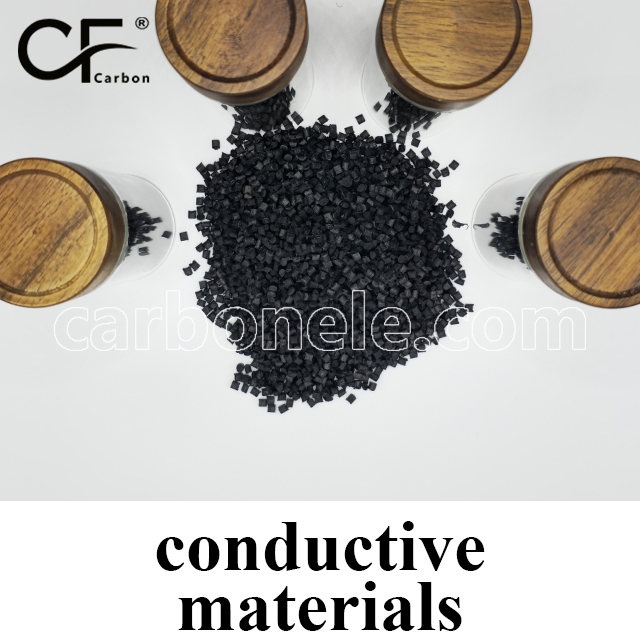
Polypropylene reinforced carbon fiber PP-CF10
PP-CF10 is a polypropylene-based composite reinforced with 10% carbon fiber, offering enhanced strength, stiffness, and wear resistance compared to unreinforced PP. With higher tensile and flexural strength, improved thermal stability (HDT ~120°C), and low moisture absorption, it is ideal for automotive, industrial, and lightweight structural applications. PP-CF10 maintains excellent chemical…
Learn More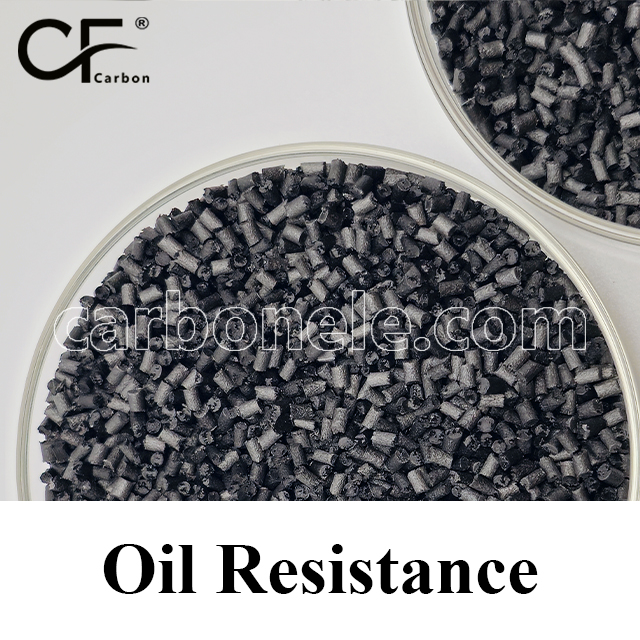
PP-CF5 high-temperature composites
PP-CF5 is a polypropylene composite reinforced with 5% carbon fiber, offering improved strength, stiffness, and wear resistance while remaining lightweight and chemically resistant. With enhanced mechanical properties, low moisture absorption, and good processability, it is an ideal material for automotive, industrial, and consumer applications, providing a durable and cost effective…
Learn More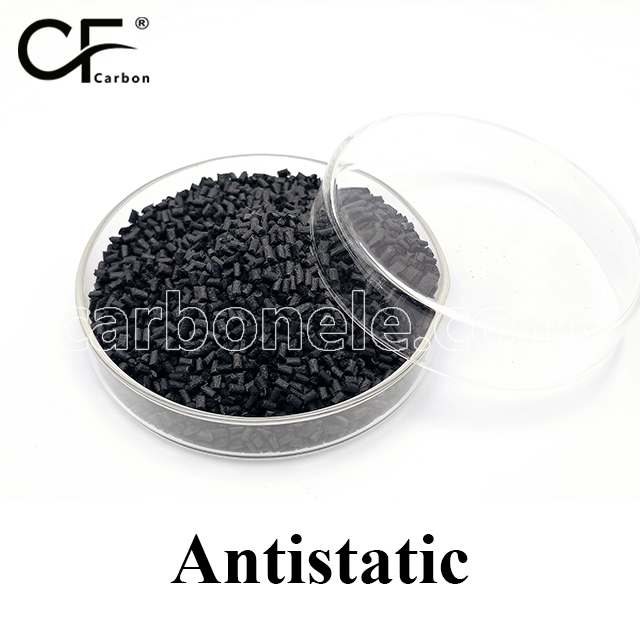
PC-CF60 engineering plastics
PC-CF60 is a high performance polycarbonate composite reinforced with 60% carbon fiber, offering maximum stiffness, strength, and wear resistance. With a tensile strength of ≥170 MPa and HDT of approx. 200°C, it ensures exceptional durability in high-stress and extreme performance applications. Its low moisture absorption and superior dimensional stability make…
Learn More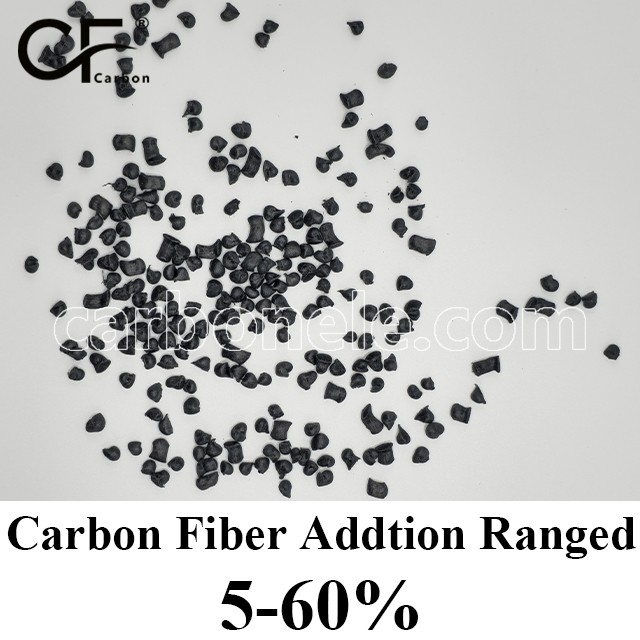
Thermoplastic polymer processing PC-CF50
PC-CF50 is a 50% carbon fiber reinforced polycarbonate composite, offering maximum strength, stiffness, and wear resistance. With a tensile strength of ≥155 MPa, flexural strength of ≥220 MPa, and heat deflection temperature of approx. 190°C, it is ideal for structural components, automotive parts, and high-performance applications. Its low moisture absorption…
Learn More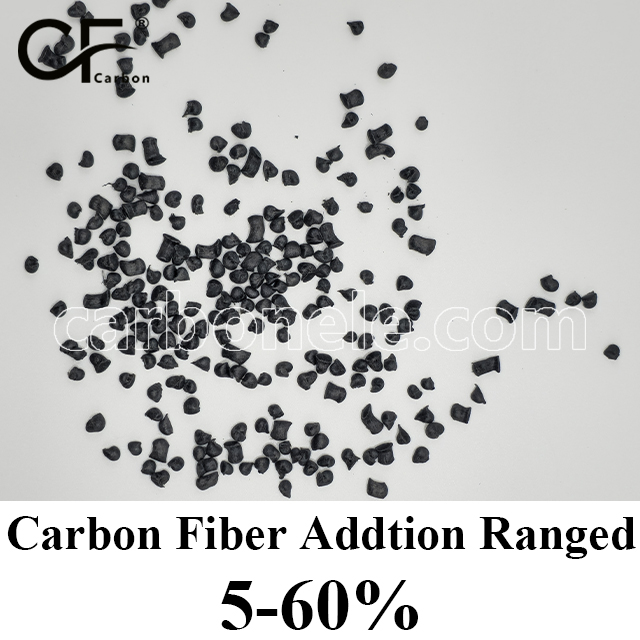
PC-CF40 thermoplastic polymer processing
PC-CF40 is a 40% carbon fiber-reinforced polycarbonate composite, offering exceptional strength, stiffness, and wear resistance. With a tensile strength of ≥140 MPa, flexural strength of ≥200 MPa, and heat deflection temperature of approx. 180°C, it is ideal for structural components, automotive parts, and high-performance applications. Its low moisture absorption and…
Learn More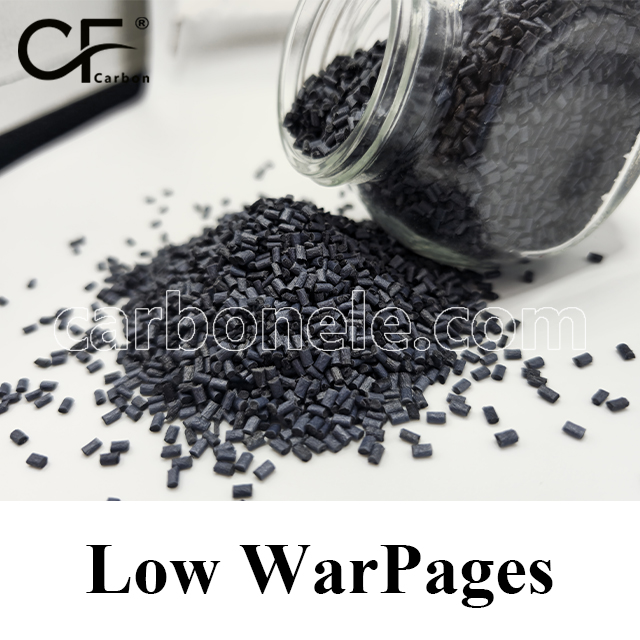
Composite materials PC-CF30 High-strength
PC-CF30 is a high performance 30% carbon fiber-reinforced polycarbonate composite with superior strength, stiffness, and wear resistance, offering higher thermal and mechanical stability than PC-CF20. With a tensile strength of ≥125 MPa, flexural strength of ≥180 MPa, and heat deflection temperature of approx. 170°C, it is ideal for structural components,…
Learn More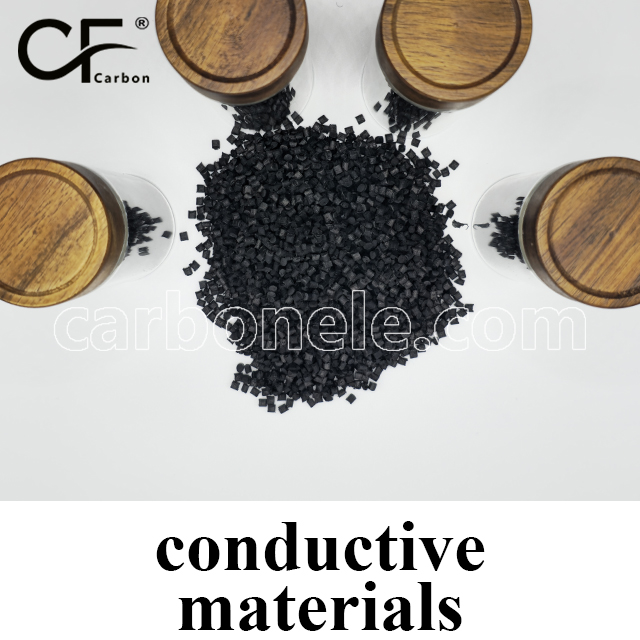
High-strength PC-CF20 composite materials
PC-CF20 is a high-performance 20% carbon fiber reinforced polycarbonate composite with enhanced strength, stiffness, and wear resistance compared to unreinforced PC. With a tensile strength of ≥110 MPa, flexural strength of ≥160 MPa, and heat deflection temperature of approx. 160°C, it is ideal for structural components, automotive parts, and industrial…
Learn MoreProduct Feature Box

CONDUCTIVE MATERIALS

SCRATCH RESISTANCE

ECO FRIENDLY

LIGHT WEIGHT

ANTI STATIC

HIGH STRENGTH

WEAR RESISTANCE

ABRASION RESISTANCE
Short CF Reinforced Series
Carbon fiber typically consists of very fine strands of carbon atoms, usually bundled together to form larger fibers. These fibers are incredibly strong and stiff, making them ideal for reinforcing materials in various applications, from aerospace components to sports equipment.
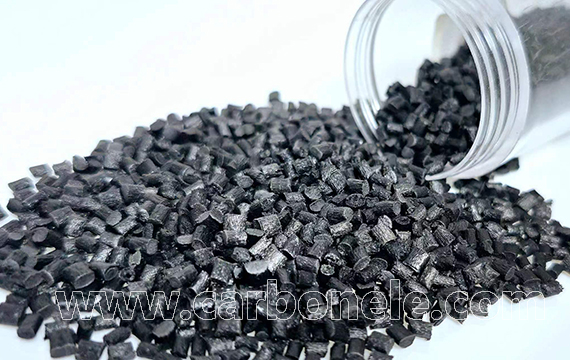
Long CF Reinforced Series
The main advantage of long carbon fiber over traditional carbon fiber is its ability to distribute loads more effectively and resist deformation under stress. This makes long carbon fiber composites particularly well-suited for applications requiring high impact resistance and structural integrity, such as automotive parts, where they can replace metal components while offering significant weight savings.
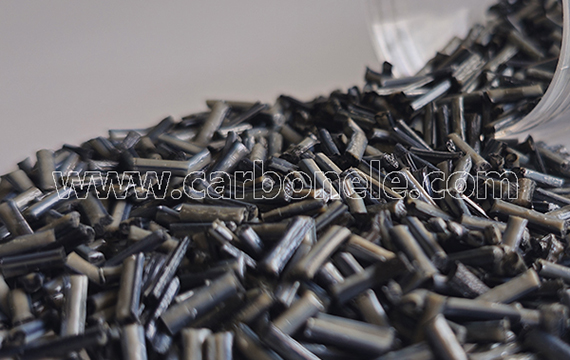
Quality Assurance

Excellent quality, guaranteed reputation: We are well aware of the importance of quality, so we always adhere to strict quality control and inspection processes to ensure that our products and services meet the highest quality standards. Our reputation is widely recognized in the industry, which is the result of our continuous efforts.

Customer first, service first: We know that customer satisfaction is the key to our success. Therefore, we always adhere to the principle of customer first and aim to provide services that exceed customer expectations. Our service team is always oriented to customer needs and provides personalized solutions.
Company Advantage
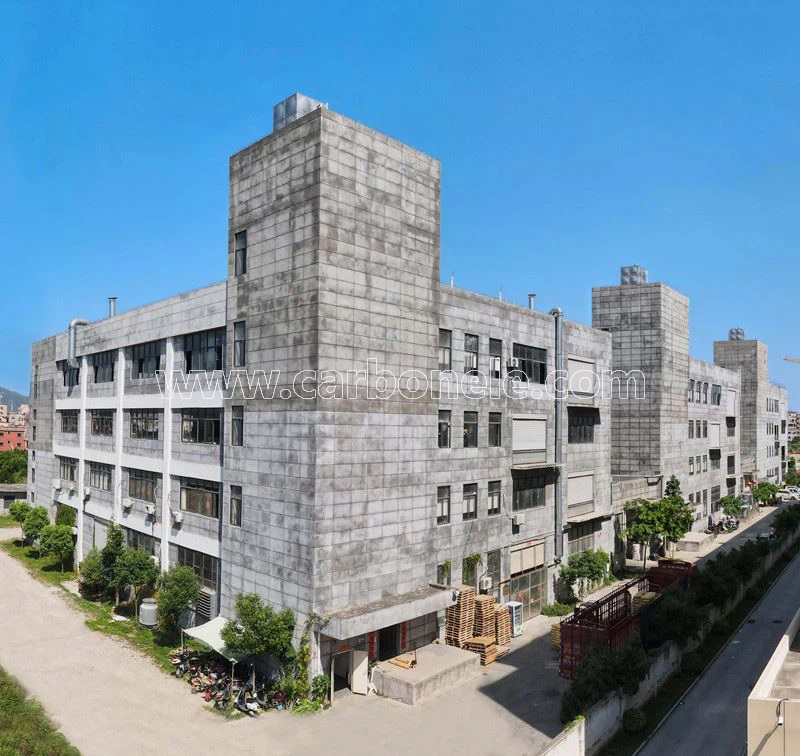
Modern Advanced Factory
Carbon (Xiamen) New Material Co., Ltd. provides customers with a variety of choices. We have always maintained close and good cooperative relationships with our customers, which gives our product prices an advantage in the market and allows customers to benefit from them.
Frequently Asked Questions
Carbon (Xiamen) New Material Co., Ltd. aims to provide buyers with "one-stop" worry-free high-quality services. Here you can find all information about carbon fiber engineering plastics. If you still have questions, please send us an email for consultation!
-
How can I contact the manufacturer of a product that interests me?
When you find a product you are interested in, you can contact the manufacturer directly by sending an email and we will get back to you as soon as possible.
-
How do I find the products that interest me?
All you need to do is enter the keyword, product name in the search window and press the Enter key on your keyboard. Your search results page will then be displayed. You can also search within the product category pages on the home page. Each category is divided into subcategories, allowing you to refine your search and find products that interest you.
-
Where will I find a buying guide?
Please contact our after-sales service directly and we will provide you with a comprehensive operating guide.
-
What are CF Reinforced Thermoplastic Composites?
CF Reinforced Thermoplastic Composites are materials where carbon fibers are incorporated into a thermoplastic matrix. They combine the strength and stiffness of carbon fibers with the processability and recyclability of thermoplastics. For instance, they are used in automotive parts like bumper beams.
-
What are the benefits of CF Reinforced Thermoplastic Composites over traditional composites?
The key benefits include faster production cycles, easier recyclability, and better impact resistance. They also offer design flexibility. An example is in the manufacturing of consumer electronics casings where complex shapes can be achieved more easily.
-
How are CF Reinforced Thermoplastic Composites processed?
Common processing methods include injection molding, extrusion, and compression molding. Injection molding is widely used for mass production. For example, in the production of small components for the medical industry.
-
What industries use CF Reinforced Thermoplastic Composites?
They are utilized in aerospace, automotive, medical, and sports equipment industries. In aerospace, they can be found in interior components. In the medical field, they might be used in prosthetics.
-
How does the carbon fiber content affect the properties of the composites?
Higher carbon fiber content generally leads to increased strength and stiffness but may reduce ductility. A moderate content is often balanced for specific applications. For example, a higher content might be preferred in structural parts of a race car.
-
What are the challenges in using CF Reinforced Thermoplastic Composites?
Challenges include higher material costs, complex processing equipment requirements, and ensuring uniform fiber dispersion. Issues with adhesion between the fibers and the matrix can also arise. An example is in achieving consistent quality in large-scale production.










